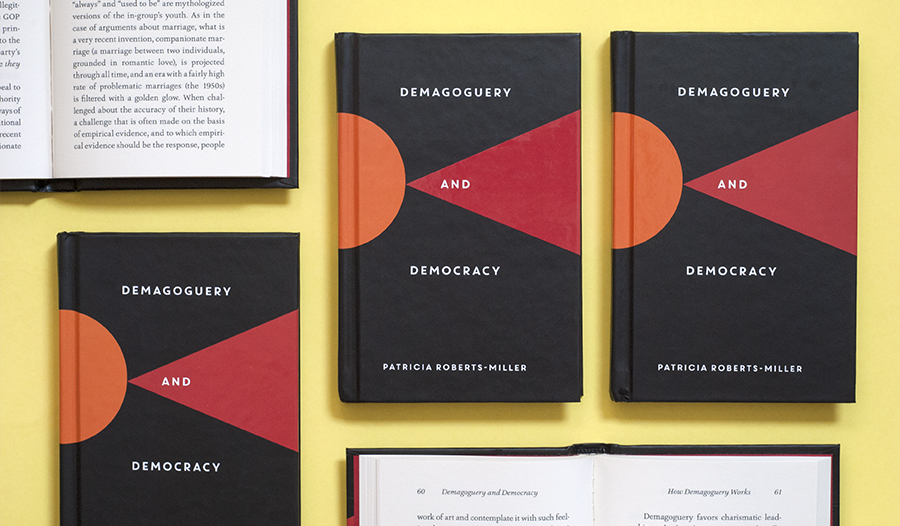
Imagine that, despite your spouse’s resistance, you took a big risk, and moved cross-country to take a relatively specialized job with a high salary, pressuring your spouse to give up a good job they can’t get back. You spent everything on buying a house at a price you later realized was inflated, and then you discover it’s a toxic af workplace, and staying there will probably kill you.
You might try to talk to someone at work, but in a toxic workplace, that might cost you your job. It’s the kind of place that fires people who are looking for other jobs, so if you look for another job you might get fired. If you quit or get fired you might be able to find another job, but definitely not one that pays as much, so you’ll have to sell the house. You can, at best, sell the house for what you paid, so it will cost you money to sell the house, money you don’t have.
You can keep adding details–my point is simply to imagine (or remember) being in a bad situation that has a lot of possible solutions, and all of the possible solutions have high costs. What we tend to do in that situation is: nothing.
If we’re facing a problem, and we don’t like any of our available options for solving it, then we find ways to deflect thinking about it pragmatically. We don’t want to think about it at all. It’s as though we’re swatting away even considering that it’s a big problem about which we have to make some uncomfortable decisions. And that’s our situation with gun violence.
We know how mass murders happen. Troubled men (not necessarily ones who were bullied, by the way) get access to fast-firing and powerful weapons, and get access to a community that valorizes mass murderers. They believe that engaging in mass murder will gain them fame and admiration. Sometimes a person with violent tendencies is threatened with losing everything and decides to harm the people or person whom they irrationally blame (the situation in many workplace or domestic violence shootings). Sometimes the guns are illegally obtained or modified, but not always. Sometimes they’re weapons that used to be illegal (e.g., assault weapons), but not always.
Given that the situations are very different, there is no one solution that will solve all of them. Deliberative cowards say, “Welp, nothing we can do then.” But they don’t say that about other social problems, and that’s how all political problems work—there are always multiple contributing factors. Fatal car accidents have a lot of causes, and we haven’t chosen, as a culture, to say, “Welp, nothing we can do then”.
We identify the various causes (unsafe drivers, roads, and cars), and pass laws that regulate the drivers, roads, and cars. And we provide the resources necessary to enforce those regulations. There are still fatal car accidents, but far fewer than if we didn’t try to do anything.
Similarly, sometimes people say that the real issue is that the murderers are mentally ill, or that they were bullied. Were the people saying this genuinely concerned about mass murders, then they’d promptly advocate significant changes to our mental health policies, or how we handle bullying in schools. But they don’t. They don’t because both of those options would cost a considerable amount of money. Advocating the necessary expenditure would alienate the “starve the government” bloc of the GOP, as well as the people opposed to delinking health care from having a job (since people who are seriously mentally ill tend not to be able to keep a job). It would mean advocating a massive social safety net, which is about as popular with GOP voters as an abortionplex.
Sometimes people say that we have mass murders because our culture has turned from God, and they cite something they don’t like (tolerance of homosexuality, respecting the First Amendment) as an example of our cultural sinfulness. So, they wash their hands of the deaths of children when it comes to shooting. But they don’t say, “Oh, welp, abortion is just a consequence of our declining morals.” They haven’t spent the last fifty years just sending thoughts and prayers about abortion. They passed laws, violated democratic norms to get a favorable SCOTUS, and voted. They acted strategically to get abortion criminalized. If they really cared about mass murders they could act strategically to end them.
There are some fairly straightforward policies that we could deliberate. We could discuss spending the money necessary to enforce existing laws, restricting access to or banning weapons that are useful for mass murders, criminalizing the irresponsible storage of weapons, reducing bullying, requiring background checks, spending the money that would ensure people with serious mental health issues can get help. Any GOP politician who even talked about considering any of those policies would be making a career-ending move.
GOP politicians aren’t willing to be rational or principled when it comes to gun violence because they don’t really care enough about mass murders of children to take the electoral and media hit that would be the consequence of their being principled.
They’re more afraid of deliberation than they are of children being shot.
